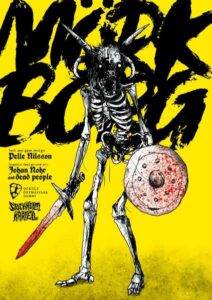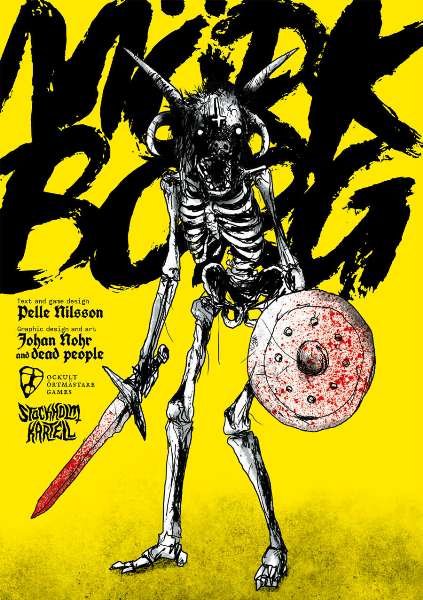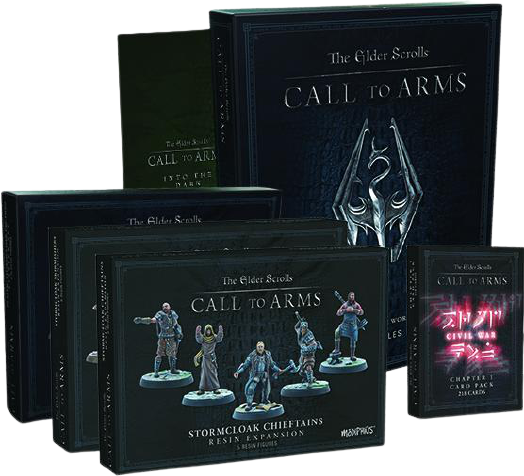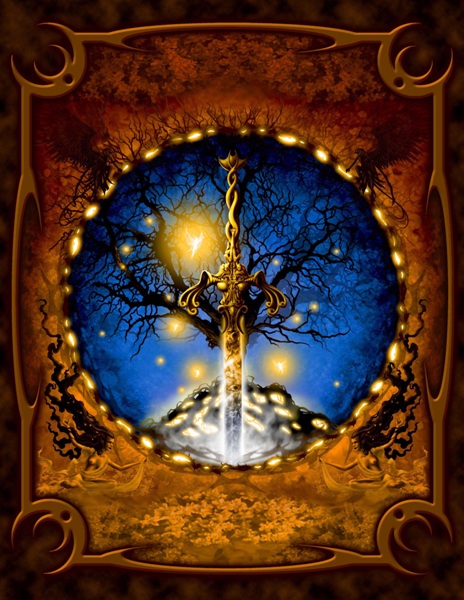
MÖRK BORG
MÖRK BORG is an apocalyptic fantasy horror role-playing game, written by Pelle Nilsson and published by Free League Publishing.
By Aaron T. Huss

Learn more about MÖRK BORG here
Purchase MÖRK BORG here (paid link)
Find other MÖRK BORG posts here
I don’t get it…
… so I approached it from a different “angle” the second time around; that’s when I got it.
MÖRK BORG is not your traditional RPG; it’s not even your traditional OSR game. Whereas most games present to you a game comprised of mechanics and then add artwork to enhance the content, such as fluff, action, or setting, MÖRK BORG is all about invoking an atmosphere and within the white space is a role-playing game that allows you to experience it. This atmosphere is a doom metal-inspired fantasy horror set against some impending cataclysm and the role-playing game is what I would consider bare bones d20. We’ll take a look at each of these separately.
First up is the atmosphere… I love punk metal, alternative metal, and groove metal, but I’ve never ventured into doom metal. So I grabbed my phone, located Swallow The Sun, and plugged in to listen to their Moonflower album. It all started to come together… like poetry and chaos surrounded by darkness. I could literally read the fluff and hear it in the music. It resonated like a song, like lyrics to a dark song. Each paragraph stands as it own mini-story; versus to a song playing in the background. All of this is made even more expressive when set against the artwork, the two working together seamlessly to build this apocalyptic atmosphere. If each entry was any longer, it would break the dance, break the rhythm. It is almost like the developer was writing a song (a couple songs actually) and then filling the space between with an RPG. Continuing this atmosphere is the chaos of the random tables; so many aspects of this game are based on random tables used for dozens of purposes. But here’s the catch, the random tables are the embodiment of entropy – d6, d12, d66, d10, d6+d8, d20… so many different types of tables to get the job done. This design doesn’t feel random though; it feels purposeful to encapsulate the impending doom of the setting (because you don’t really know what’s going to happen as it’s not scripted).
Second is the mechanics, which are physically all over the place (as in they are scattered about almost haphazardly). You never really know where the mechanic will be that you’re looking for as they are somewhat grouped but not necessary always in a logical flow. But who cares about logical flow? Logic opposes entropy. The bare bones d20 comes from the game being d20-based but without the rainbow of effects, modifiers, magic, combat rules, blah, blah, blah. There are no skills here, no magical weapons, and really the difficulty of playing comes from the lack of those colorful additions. It also helps that a lot of the game is based on randomness, so even when you think it’s going one way, it’s actually going a completely different direction (thanks to some lucky or unlucky dice rolls). Oh yeah, and there are no high fantasy, sparkly cultures here. Everyone and everything matches the melancholy aspects. More like antiheroes than heroes; or more like people who care too much but don’t get any credit for your deeds. Or maybe its just about power and revenge. The game does scale appropriately for experience levels. It’s not all doom and gloom!
This is NOT a game for beginners. This is the game for experienced players who don’t need a book to teach them what an RPG is or what it means to delve into dungeons (or the equivalent of). It’s also clearly designed for those who enjoy dark fantasy, fantasy horror, horror, and apocalyptic settings. If you are looking for high action, high adventures with highfalutin’ elves then you’re looking in the wrong place. If you’re into Lamentations of the Flame Princess, Warhammer Fantasy, and even the darker aspects of Middle-earth, then give this one a try! You may need to try it out first, but it gets better the more you read into it and realize that the book is as much about the atmosphere it invokes as it is about the OSR game it creates.


